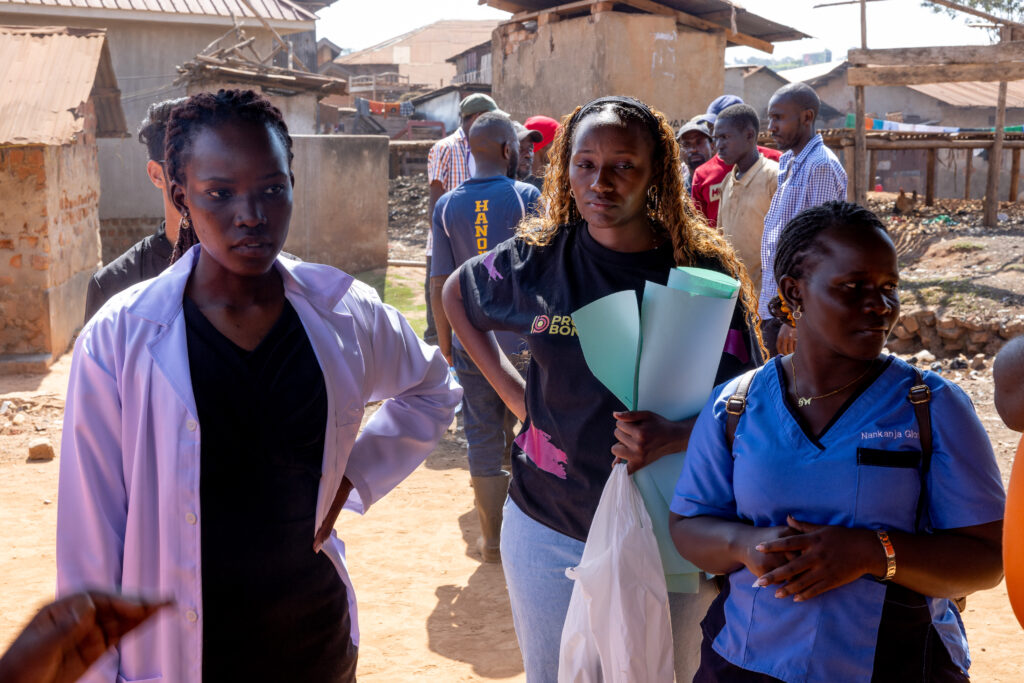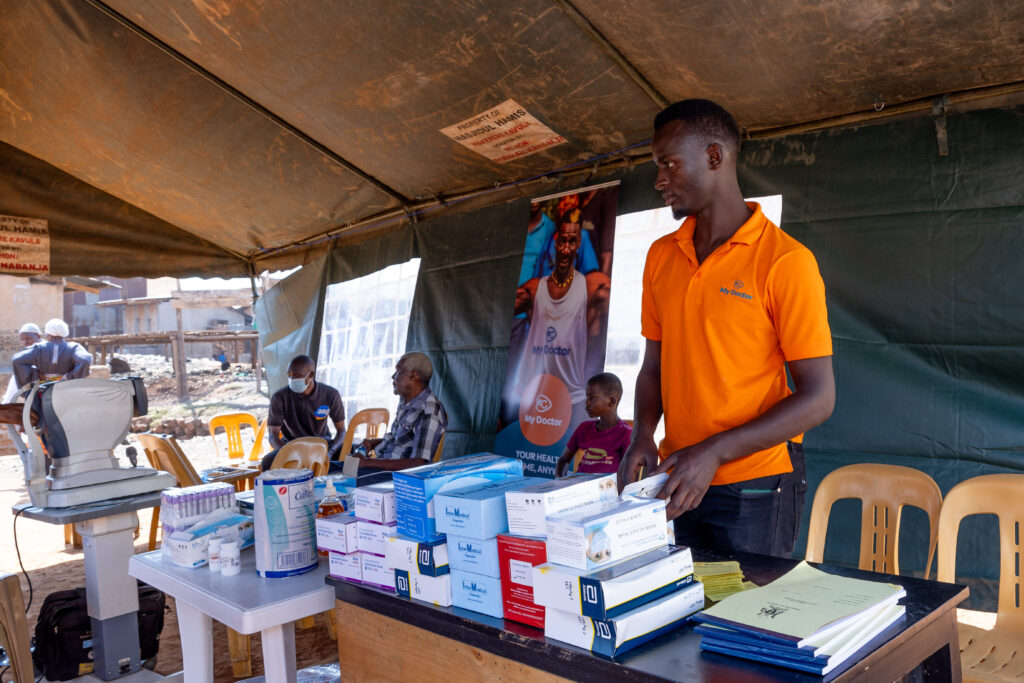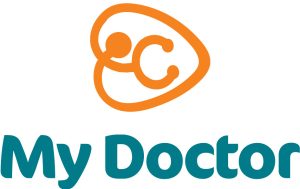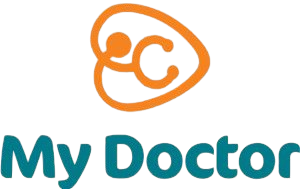A Milestone in Promoting Health Awareness in Kalerwe

On February 22, 2025, a transformative community clinic was successfully conducted in Kalerwe. This initiative aimed to provide free medical services and raise health awareness among the underserved residents of Kalerwe, Bwaise, and Katanga slums. With the dedication of youth volunteers, healthcare professionals, and strategic partners, the clinic significantly impacted over 500 community members.
Addressing Critical Healthcare Challenges: The targeted communities face numerous health challenges, including high rates of malaria, HIV, typhoid, and other preventable diseases due to poor sanitation and limited access to healthcare. Through a well-coordinated medical clinic, residents received vital healthcare services, including malaria and typhoid testing, HIV screening, hypertension and diabetes tests, and essential treatment.
Key Activities and Services Provided
The clinic encompassed various services tailored to address the pressing health concerns of the community, including:
Community Sensitization & Mobilization: Awareness campaigns were conducted before the event to encourage participation.
Medical Consultations & Check-ups: Residents received general health assessments from qualified medical personnel.
Diagnostic Testing & Treatment: Malaria, typhoid, H. pylori, and HIV testing were provided, along with counseling for affected individuals.
Deworming & Preventive Care: Free deworming medication was distributed to children and adults to improve community health.
Health Education & Awareness: Educational sessions on hygiene, disease prevention, and healthy living practices were conducted.
Distribution of Medical Supplies & Referrals: Essential medicines were given out, and patients requiring advanced care were referred to partner healthcare facilities.
Collaborations and Stakeholder Support The success of this community clinic was made possible through strong partnerships with local government authorities, community leaders, and organizations such as Pro Bono Health Uganda, ASG Eye Hospitals and Youth Plus. Their support in resource mobilization, medical expertise, and logistics played a pivotal role in the event’s impact.
Achieved Impact and Future Prospects The immediate outcomes of this clinic included:
- Over 300 residents receiving essential healthcare services.
- Early detection of prevalent diseases leading to timely intervention.
- Increased health awareness among community members.
In the medium to long term, this initiative aims to contribute to a reduction in disease prevalence, increased vaccination coverage, and strengthened community health resilience. The event also fostered sustainable partnerships between youth-led initiatives and healthcare stakeholders, setting a precedent for future community-driven health interventions.

Conclusion This successful community clinic exemplifies the power of community engagement, youth involvement, and multi-sectoral collaboration in addressing healthcare challenges. As we continue striving for improved healthcare access in underserved areas, such initiatives will remain critical in transforming lives and fostering a healthier society.

